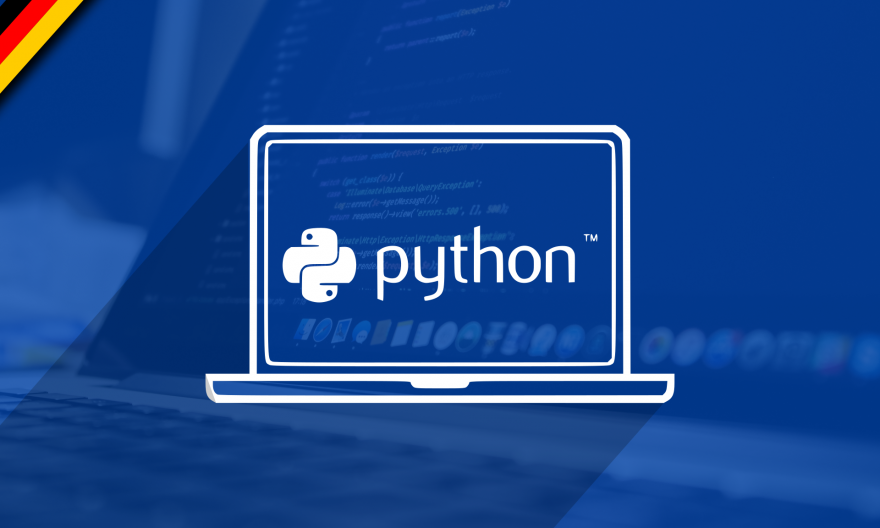
Making machine learning and AI part of your career is a glamorous proposition, but leads through a hard road. Many aspiring AI engineers and data scientists find it very hard to settle their focus on an AI project for their relevant industry.
As the AI field continues to evolve at a rampaging pace, we bring your focus onto a very popular programming language, Python.
This article will help aspiring AI job seekers to start learning AI using Python.
AI using Python and TensorFlow
From voice recognition to speech analytics, AI with Python and TensorFlow make a very potable combination that is used across mega-revenue industries. The top consumer of AI with Python and TensorFlow include Mobile, IoT, headsets, Automatic cars and ships, Marketing and Sales CRM makers, Natural Language Processors, Sensors and Semiconductors, and more.
The combination is best for text-based and image recognition processes.
Built by Google’s internal AI research and application team, TensorFlow is the fastest growing partner framework for AI with Python developers.
AI with Python and Scikit-Learn
Formerly known as scikit.learn, this is another powerful machine learning library for AI with Python developers. Programmers can be incorporated with the Python classification and SciPy and NumPy systems.
The AI with Python-scikit programming can be applied for:
- Classification
- Regression
- Clustering
- Model Selection
- Pre- Processing
- Feature Extraction
AI with PyTorch
With over 500 global contributors to the AI and the machine learning community, PyTorch is a fast-growing programming model for GPU acceleration. AI with Python based on PyTorch is developed by Facebook’s AI research group. With its distributed training and performance optimization, PyTorch is used extensively for cloud integrations, supporting a bulk of modern-day automation models like Computer Vision, Natural Language Processing, Voice Search and more.
PyTorch for AI ecosystem includes many powerful open-source research based libraries like AllenNLP, ELPF, GpyTorch, Glow ML, and TensorLY.
AI with Python-Chainer
It is fun to work with Python AI programs largely because of the way it seamlessly integrates with other open-source high-level programming platforms. Next in line in this list is Chainer, an open source deep learning platform built from Python, NumPy and CuPy.
AI with Python and Chainer delivers far better results in deep learning algorithms built for variation encoding, Feed-forward nets, Convnets, Recurrent Net, and Recursive Nets.
Barely three years old in the ecosystem, Chainer with AI Python programs has four extension libraries that can be further explored. These are:
- ChainerMN
- ChainerRL
- ChainerCV
- ChainerUI
Shogun Python AI
A unified machine learning library that can be implemented with Python AI projects, Shogun began its journey in 1999.
Apart from Python, Shogun has shown great response in compatibility and portability with other programming languages including C++, Octave, Java, Apache Hadoop, Ruby etc.
Since it is open source and community-based programming, learning Python AI around Shogun framework is free and efficient in its Machine Learning-level applications.
Other popular combinations that you can try in AI using Python are: Thaeno, Fuel, Annoy, Deap, and PyBrain. Look out for our other articles that deep dive into Python using AI models.
5,487 total views, 3 views today

